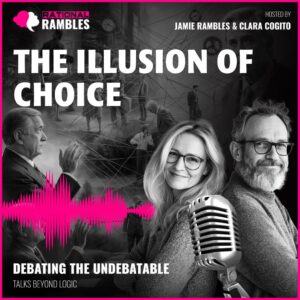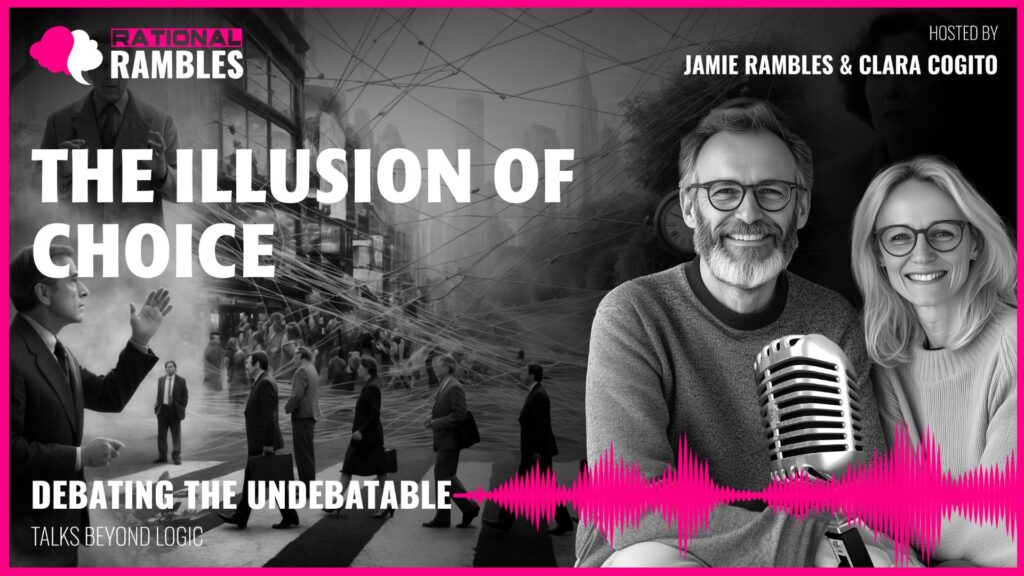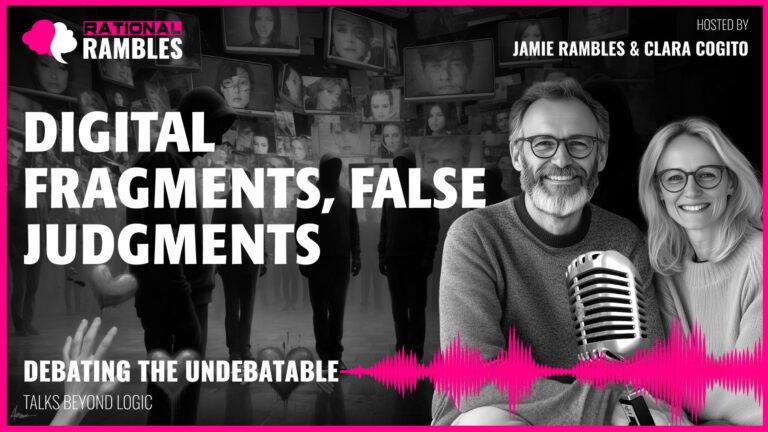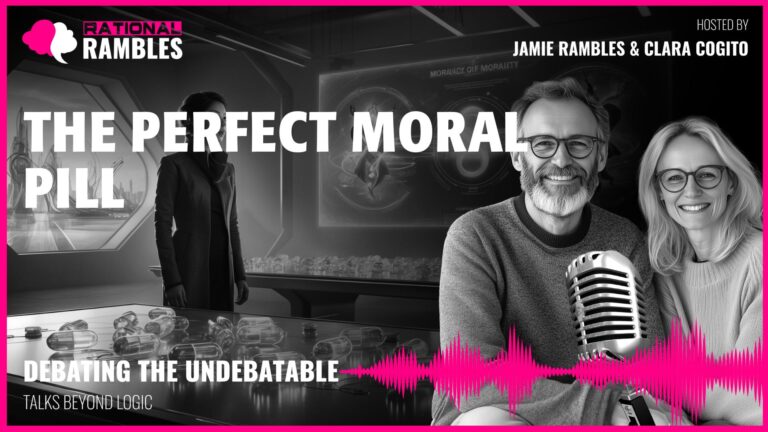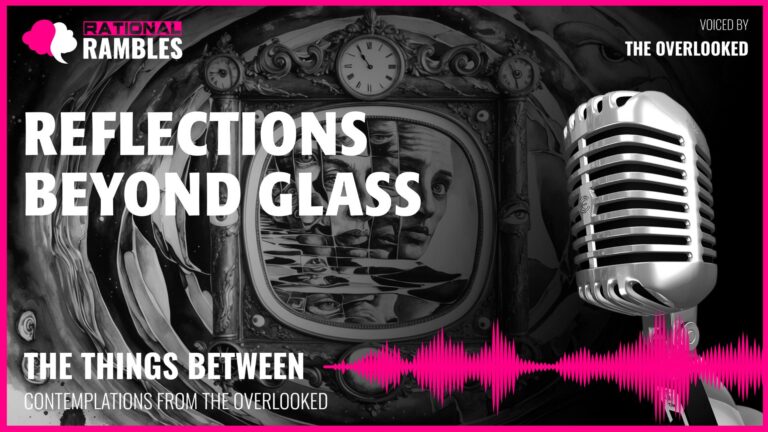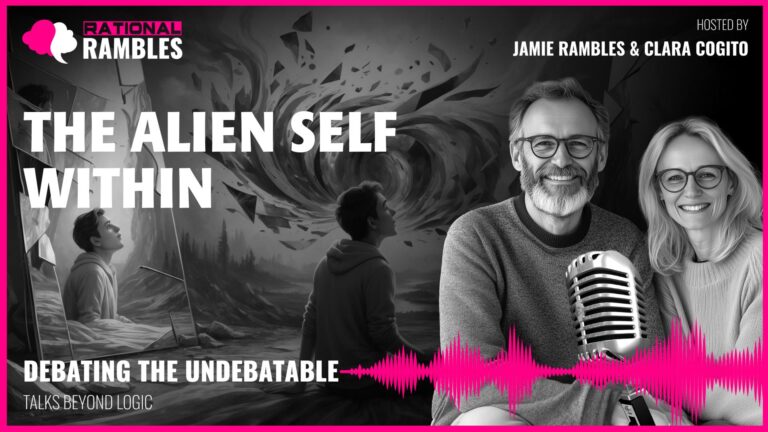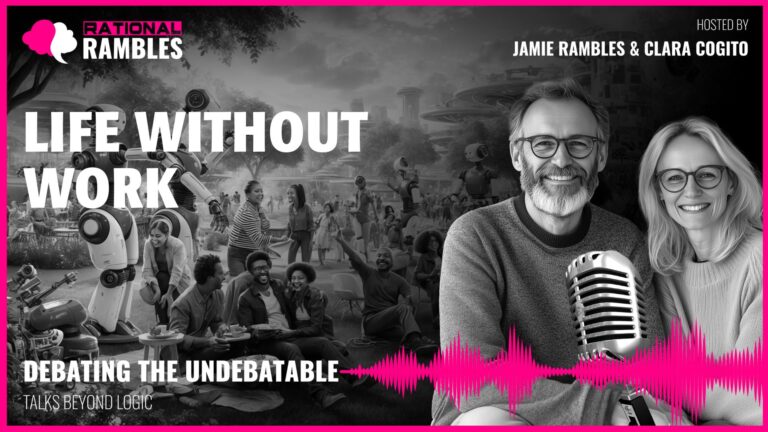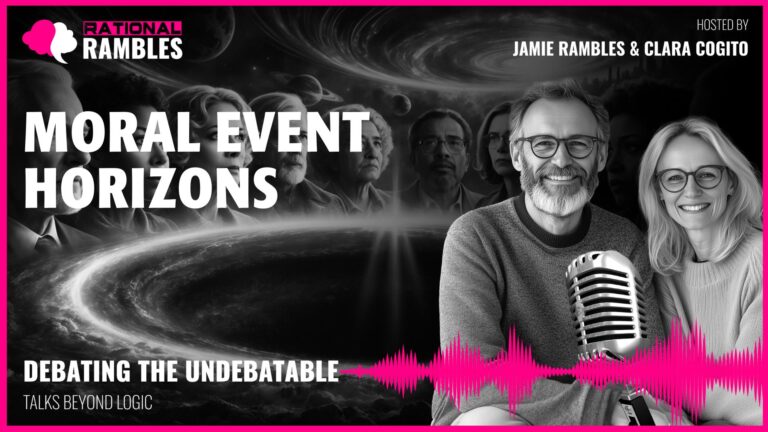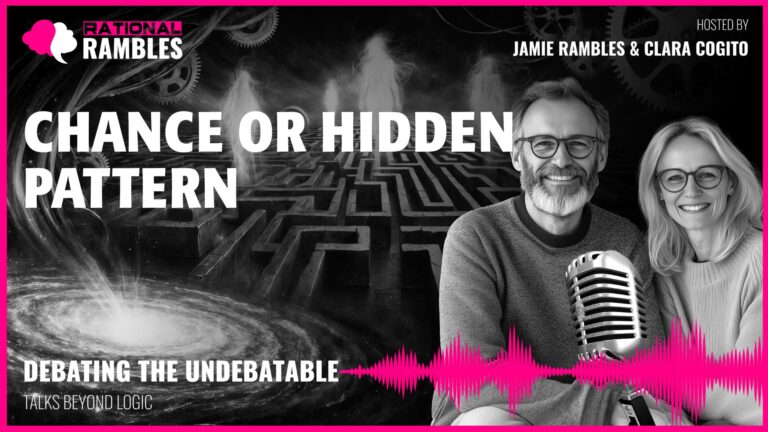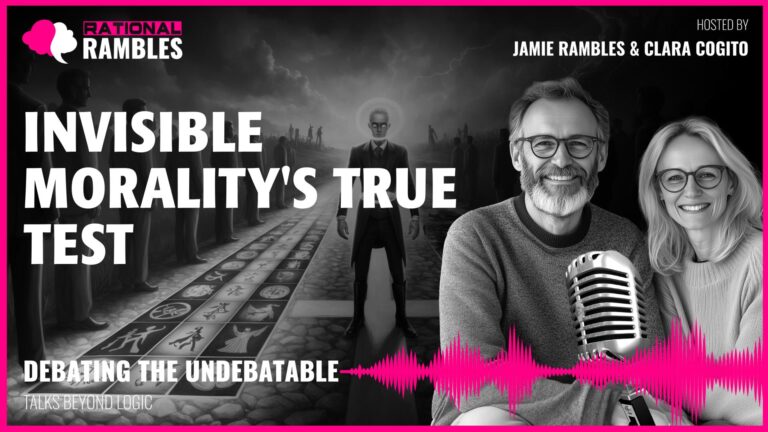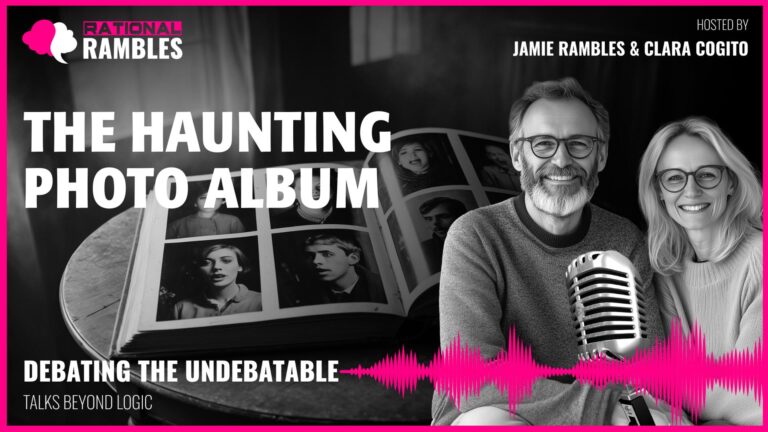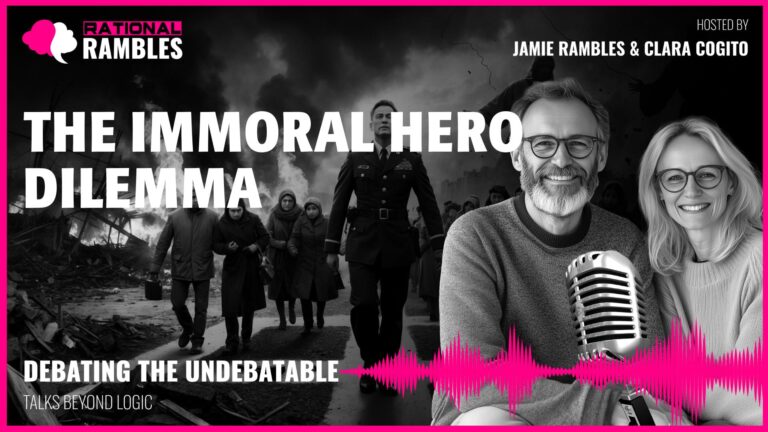The Illusion of Choice
The concept of choice is deeply embedded in the human experience. From the simplest decisions regarding what to wear in the morning to the more complex choices that shape our careers and relationships, the belief that we possess free will is foundational to our understanding of ourselves. However, a growing body of research, particularly in neuroscience, has begun to question this assumption. What if the choices we believe we are making are merely the result of predetermined biological processes and external circumstances? This article explores the philosophical implications of the illusion of choice, examining free will, moral responsibility, and the nature of human agency in the context of determinism.
Understanding Free Will
Free will is often defined as the capacity of individuals to make choices free from certain constraints. Philosophers have long debated its existence, with many arguing for compatibilism—the notion that free will and determinism are not mutually exclusive. On the other hand, hard determinists assert that every event, including human actions, is the result of preceding events in accordance with the laws of nature, thereby negating the possibility of true free will. This debate raises essential questions: if our choices are predetermined, what does that mean for our sense of self and agency?
The concept of free will has significant implications for personal identity. If we consider ourselves as the authors of our choices, then our identity becomes closely linked to our decision-making capabilities. However, if our choices are merely a product of neural processes shaped by genetics, environment, and experiences, the question arises: who are we if not the sum of our choices? This shift in perspective invites us to reconsider the foundations of our identities, potentially leading to a more integrated understanding of self that encompasses both conscious and unconscious processes.
The Neuroscientific Perspective
Recent neuroscience research has shed light on the complexities of decision-making. Experiments, such as the famous Libet experiments, have demonstrated that neural activity can occur in the brain prior to conscious awareness of a decision. This raises the provocative question of whether our conscious experience of making a choice is merely a narrative we construct after the fact. If our brains are operating on autopilot, guided by neural processes beyond our conscious control, can we genuinely claim to be the architects of our actions?
This leads to an essential distinction between conscious thought and decision-making processes. The brain is an intricate network of neurons that processes information and influences behavior in ways that often escape our awareness. Understanding this complexity does not necessarily negate the experience of agency; rather, it recontextualizes it within a broader framework of causality. Embracing the idea that our choices are influenced by both conscious deliberation and unconscious factors can deepen our understanding of human behavior.
Moral Responsibility and Accountability
The implications of determinism extend beyond individual self-conception; they also significantly impact our notions of moral responsibility and accountability. If we accept that choices are predetermined, how do we justify holding individuals accountable for their actions? The legal and moral frameworks of society are built on the premise of personal responsibility and the idea that individuals have the power to choose between right and wrong.
In a deterministic framework, punishment for wrongdoing may need to shift from a retributive approach—where individuals are punished for their “bad choices”—to a more rehabilitative focus that addresses underlying causes of behavior. If we understand that individuals are shaped by their environments, genetic predispositions, and past experiences, our approach to justice might evolve to prioritize prevention and rehabilitation over punishment. This shift in perspective requires a fundamental reevaluation of how we perceive criminal behavior, emphasizing understanding and intervention rather than blame.
The Role of Determinism in Personal Growth
Another significant concern surrounding determinism is its implications for personal growth and self-improvement. If our actions are predetermined by factors beyond our control, what motivation do we have to strive for change? This line of thinking can lead to a fatalistic outlook, where individuals feel powerless to alter their circumstances. However, it is essential to recognize that determinism does not eliminate the possibility of growth. Rather, it can provide a more compassionate framework for understanding our struggles and setbacks.
Understanding that our decisions are influenced by various factors allows us to adopt a more constructive approach to personal development. Instead of viewing failures as moral shortcomings, we can recognize them as outcomes shaped by a complex interplay of influences. This perspective encourages self-compassion, enabling individuals to learn from their past without being weighed down by guilt or regret. It can foster a sense of agency that is not predicated on traditional notions of free will but rather on a deeper understanding of the forces that shape us.
Exploring Alternatives to Determinism
The discussion surrounding free will and determinism often leads to explorations of alternatives, such as quantum mechanics and emergent properties. Some argue that the fundamental indeterminacy observed at the quantum level might provide a space for free will to emerge. However, others contend that randomness does not equate to agency. If our decisions are influenced by random events, we may still lack true control over our actions. Instead, the complexity of human decision-making could be viewed as an emergent property arising from the intricate workings of our brains.
Emergence posits that complex systems exhibit properties that are not predictable from the behavior of individual components. In this view, free will may arise from the collective interactions of neural networks rather than being a product of individual components acting independently. This perspective allows for a more nuanced understanding of agency that does not rely on an absolute dichotomy between determinism and free will.
The Impact on Relationships and Interpersonal Dynamics
As we navigate the complexities of determinism, it is essential to consider its implications for our relationships with others. Understanding that our actions and those of others are shaped by a multitude of factors can foster empathy and compassion. If we recognize that individuals are products of their environments and experiences, we may approach conflicts and misunderstandings with greater understanding, focusing on the root causes rather than assigning blame.
Furthermore, the notion of love and commitment may take on new meaning in a deterministic framework. If our feelings and relationships are influenced by factors beyond our conscious choice, we can view love as an emergent property arising from shared experiences, values, and connections. This perspective invites us to appreciate the significance of our relationships as deeply intertwined with the very fabric of our being, enhancing our understanding of commitment and loyalty.
The Search for Meaning and Purpose
At the heart of the illusion of choice lies the question of meaning and purpose. If our lives are shaped by deterministic processes, how do we find significance in our experiences? The fear of a predetermined existence can lead to a sense of nihilism, where individuals feel that their actions lack value. However, meaning does not exclusively arise from the act of choosing; it can also be derived from the impact we have on others and the connections we form along the way.
In recognizing that meaning is not solely contingent on free will, we can cultivate a sense of purpose rooted in the recognition of the interconnectedness of all beings. Understanding ourselves as part of a larger causal network can foster a sense of belonging and responsibility to others, allowing us to derive meaning from our interactions and contributions to the world.
Conclusion: Embracing the Complexity of Human Experience
The exploration of the illusion of choice invites us to grapple with profound philosophical questions about free will, determinism, and the nature of human agency. While the implications of these concepts may initially seem daunting, they can ultimately lead to a richer understanding of ourselves and our relationships with others. By embracing the complexities of human experience, we can foster greater compassion for ourselves and others, moving beyond simplistic notions of blame and responsibility.
As we reflect on the implications of determinism, we are reminded that the journey of self-discovery and growth continues, even within the constraints of causal laws. Rather than viewing determinism as a threat to our humanity, we can recognize it as an opportunity for deeper understanding, empathy, and connection. In doing so, we may find that the illusion of choice, far from diminishing our lives, enriches them in ways we have yet to fully comprehend.


